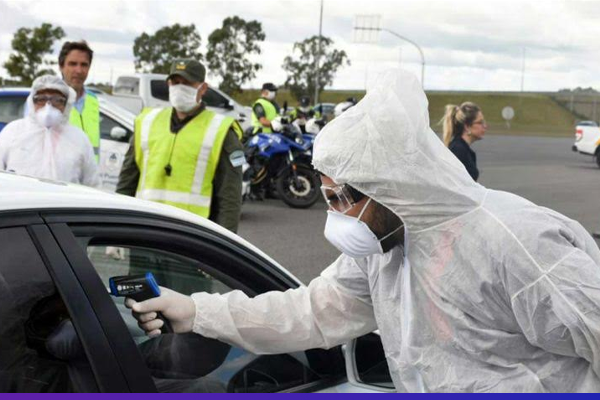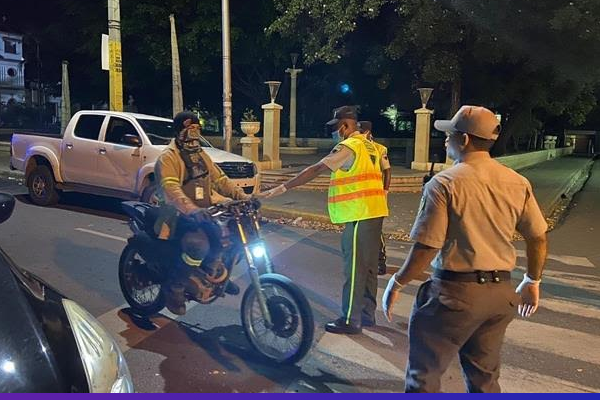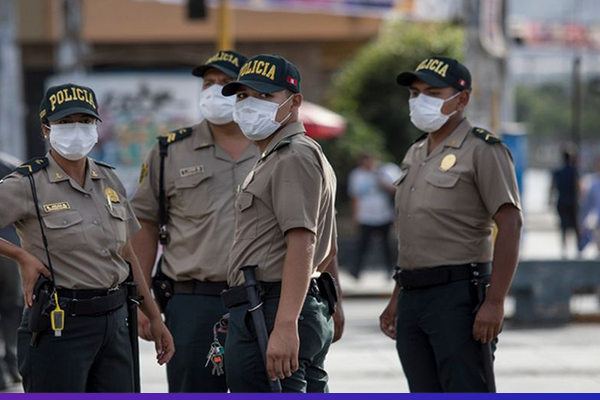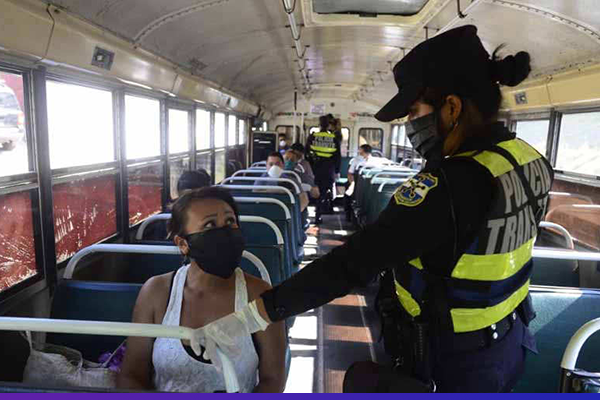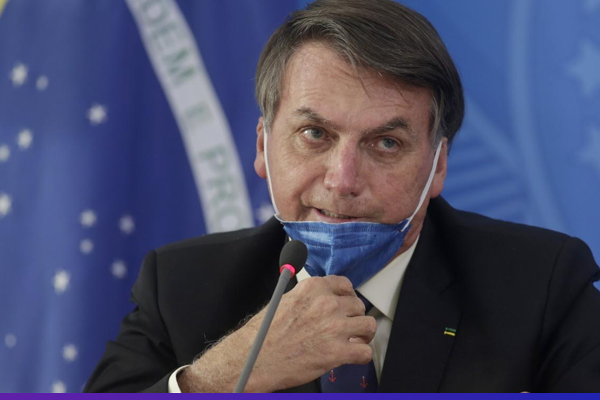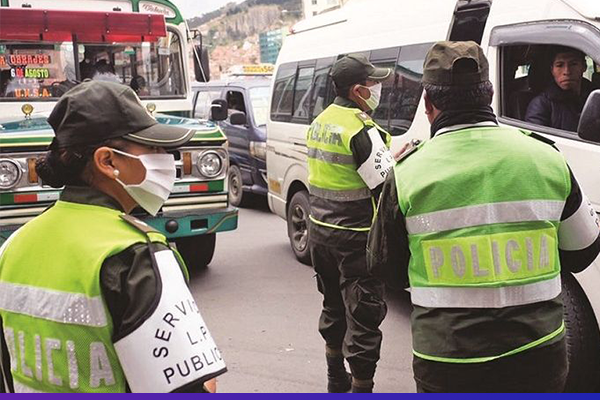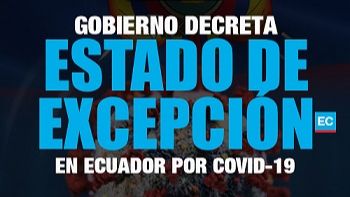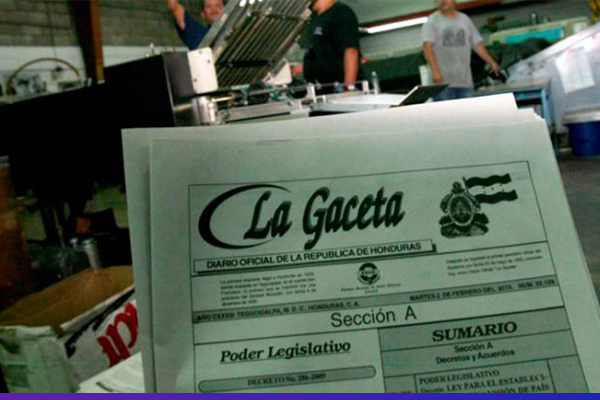
A tool designed by Directorio Legislativo to monitor
regulations with the potential to impact civic space
in Latin America and the Caribbean.
Fundación Directorio Legislativo | April 2020
About Civic Space Guardian (CSG)
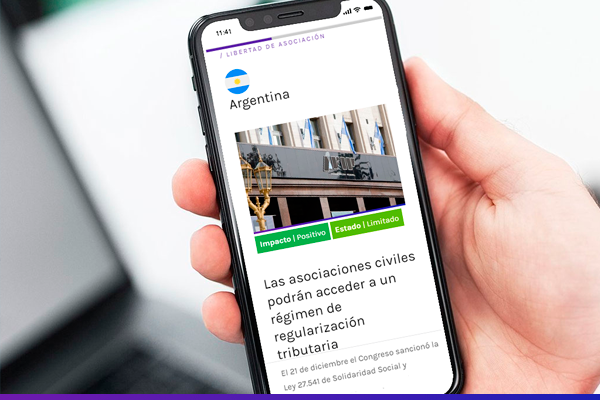
Civic Space Guardian (CSG) is a tool designed by Directorio Legislativo to monitor regulations with the potential to impact civic space in Latin America and the Caribbean.
These are regulations affecting freedom of expression, freedom of association, freedom of peaceful assembly, citizen participation and access to public information. To provide a broader overview, we also include the rating assigned by Civicus according to the state of civic space in each country.
Editorial note
The fast spread of COVID-19 has posed enormous challenges for most countries, with the fallout still hard to gauge. Currently, governments of the region have limited their work to essential activities only, all the while taking restrictive steps to contain the virus which only a matter of weeks ago would have been unthinkable: suspending rights and constitutional guarantees, curbing freedom of movement and assembly, deploying security forces en masse, creating new digital tools to survey and control citizens, and restricting access to public information.
While the use – controlled and temporary – of such exceptional measures is permitted under the countries’ constitutions, it neither can nor should become a permanent fixture (G. Agamben, “State of Exception”).
A state of exception is the last resort of the rule of law and even when institutional control mechanisms exist, guarding against abuses of power is near impossible. Complaints surrounding recent heavy handed implementation of quarantine measures is testimony to this. As such, any rise in state surveillance and control amid the pandemic should be carefully monitored by civil society. It is in this spirit that we provide you with this latest edition of Civic Space Guardian.
For more details see: “Restricted rights in times of COVID-19: the challenge of safeguarding health and civil liberties”.
At the height of the crisis, governments put up barriers to information
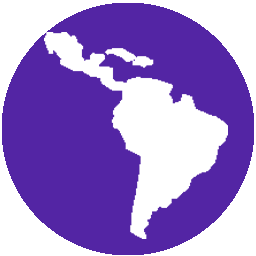
Rest of Latin America
In response to the pandemic at least eight countries in the region have placed restrictions on accessing public information, by suspending the agencies and/or deadlines relating to the response to information requests. As well as the discussed cases of Brazil and Mexico, this includes Argentina, Bolivia, El Salvador, Honduras, Peru and the Dominican Republic. To clarify, then, the agencies responsible for guaranteeing the right of access to public information, while continuing to receive data requests online, need not, under these measures, adhere to any deadlines for responding to them.
Curbs on freedom of movement and assembly the new norm

Rest of Latin America
Since the WHO declaration of the pandemic on March 11, most countries in the region have taken measures to curtail individual freedom of movement, assembly and protest. The governments of Argentina, Colombia and Paraguay have decreed mandatory preventive isolation, while Guatemala, Panama and Puerto Rico have imposed curfews. The Chilean government, meanwhile, is directing isolation and quarantine efforts on a regional basis, as is Venezuela’s. The implementation of these measures have seen numerous arrests: some 21,000 are currently detained in Argentina, 4,000 in Panama, 3,500 in Guatemala, and 500 in Paraguay and Puerto Rico.
Government suspends requests for access to public information

Mexico
Rating CIVICUS | Repressed
Amid criticism of President Andrés López Obrador’s lax handling of the crisis, on March 27 the Mexican Government announced it would suspend until April 17 deadlines for complying with procedures under the General and Federal Law on Transparency and Access to Public Information and the General and Federal Law on Personal Data Protection, which is normally the task of the National Institute of Transparency, Access to Information and Personal Data Protection (INAI). The measure affects both requests for access to information and the exercise of ARCO (personal data) rights.
Nearly 20,000 arrested since the curfew

Dominican Republic
Rating CIVICUS | Narrowed
On March 19, the Congress of the Dominican Republic authorized President Danilo Medina to declare a nationwide state of emergency, in effect until April 13, and as part of this restrict freedom of movement, association and assembly. On the same day, the Government decreed a state of emergency until April 13 and banned the movement of people and vehicles within certain timeframes, since extended. According to a report issued by the National Police, 19,517 arrests were recorded as of March 31 for failure to comply with the restrictions. The declaration was subsequently extended until April 30 following authorisation by the legislative branch.
Congress passes police protection law after suspending constitutional rights

Peru
Rating CIVICUS | Obstructed
On 27 March, Congress passed a police protection law that exempts from criminal liability all security force personnel who cause death or injury while on duty. The move comes after President Martín Vizcarra decreed a national emergency on March 15, as part of which constitutional rights and guarantees – including those on freedom of assembly and movement, and the right not be arrested or to have one’s home entered without a written court order from a judge – were put on hold. While the state of emergency is in force, the police may conduct checks and interventions with the support of the armed forces. The United Nations Office for Human Rights warned the new law violates international human rights rules and standards and called on Congress to overturn it.
President orders police and soldiers to “toughen up on people in the street”
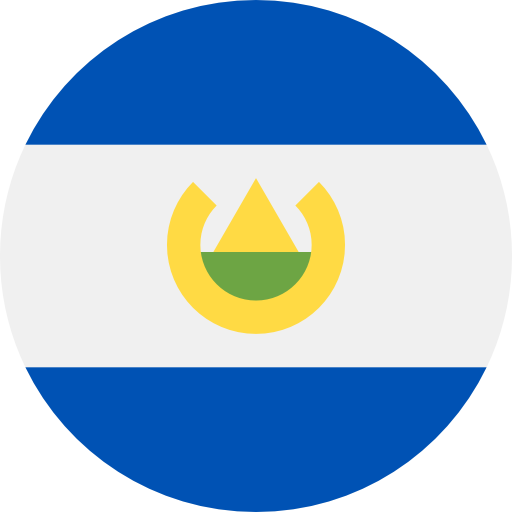
El Salvador
Rating CIVICUS | Obstructed
The Supreme Court of Justice asked the Executive and Legislative branches to “urgently regulate and clarify measures limiting physical freedom” following calls to resolve the situation of hundreds of detainees held by police over violating the quarantine. On 14 March, the Legislative Assembly passed a law temporarily restricting the constitutional rights to freedom of movement and peaceful assembly for 15 days, later extended to 12 April. With regard to the Court’s position, the Assembly urged the Executive to draw up a Protocol of Integral Application to prevent abuses of power and provide clear information to citizens on their rights. President Bukele then went on national TV saying that soldiers and police had been ordered to “be tougher on people in the street”. For its part, the Human Rights Ombudsman’s Office warned on April 2 over restrictions to the work of journalists in the country.
Supreme Court stops government from ignoring public information requests

Brazil
Rating CIVICUS | Obstructed
On March 23, President Jair Bolsonaro issued a provisional measure putting on hold the country’s access to public information law in removing deadlines for responding to information requests that do not relate to the health crisis. However, three days after taking effect the Federal Supreme Court (STF), following an appeal from the College of Lawyers, suspended the measure. STF Minister Alexandre de Moraes said the move was “intended to transform exceptions into the rule, eliminating …the principles of publicity and transparency”. “Except in exceptional circumstances, the Public Administration has the duty of absolute transparency,” he added.
Government authorizes armed forces to enforce quarantine compliance
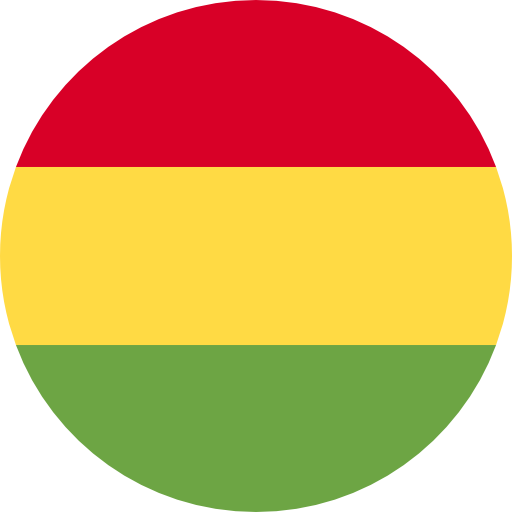
Bolivia
Rating CIVICUS | Obstructed
On March 25, by decree, interim President Jeanine Añez authorized the armed forces and police to use coercive means if necessary to preserve public order. Government Minister Arturo Murillo said he had ordered the security forces to carry out “cyber-patrols”, i.e. monitor and control social networks and individuals spreading disinformation or uncertainty among the population (which is thought to allude, in part, to political opposition figures). According to the decree, those deemed guilty can be prosecuted for crimes against public health with sentences of 1 to 10 years in prison. At the same time, the Superior Electoral Court announced that the presidential elections, which had been due on May 3rd, have been postponed until further notice.
Moreno decrees state of emergency, gives go-ahead for digital tracking of citizens

Ecuador
Rating CIVICUS | Narrowed
Government seeking to curb freedom of expression amid health crisis
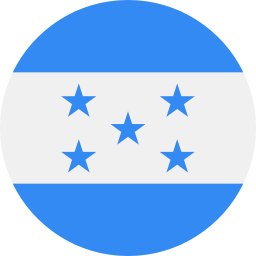
Honduras
Rating CIVICUS | Repressed
In a contentious move, March 15 saw President Juan Orlando Hernández issue a decree weakening constitutional guarantees on personal freedom, movement, association and assembly, the prohibition of entering a person’s home without their consent or court order, respect for private property, as well as on freedom of thought. No sooner was it made public than it was roundly denounced by the UN High Commissioner for Human Rights in Honduras, the OAS, the IACHR and the Honduran Media Association (AMC). The Honduran government responded by amending the decree to remove its restriction on freedom of expression, along with its suspension of the guarantee that persons cannot be detained for over 24 hours without a court order. However, restrictions on the right of movement and assembly have been extended until April 19.

Voices of civil society
HONDURAS
On the suspension of constitutional guarantees: “We must demand that governments refrain from abusing the militarization [deployment of security forces] and not use this to continue to silence the voices of local leaders who defend their territories and their citizens’ rights. We cannot permit that in the name of an emergency, the right to information is withheld, (…) that restrictions on mobilization and freedom of assembly be used to grant fraudulent environmental licenses to extractive projects or (…) to ignore the calls of those who are unemployed and not generating an income “.
MÉXICO
On restrictions of access to public information: “As in other countries, in Mexico resources are being heavily redirected to respond to Covid-19 and decisions are being made that affect mobility and key aspects of economic activity. In this situation, access to information becomes fundamental for citizens in order to monitor state actions and follow up on public resources and decisions. It is important that INAI reevaluates its approach, giving priority at all times to the right of access to information for citizens, at least in the sectors and topics related to Covid-19, which currently are of high public interest”.

Documents by Directorio Legislativo
COVID-19. How is the region dealing with the threat of the pandemic?
A new order for civil society organizations?
We strengthen democracies in Latin America
We are a non-partisan and independent organization that for 10 years has been promoting the constitution of autonomous, flexible, democratic and independent spaces, through dialogue with various actors in the public, private, academic and civil society sectors. The starting point of our work arises from the recognition and appreciation of the political and social plurality of Latin America.

Fundación Directorio Legislativo
Avenida Entre Ríos, 258 – 3E
Ciudad Autónoma de Buenos Aires, Argentina (C1079ABP)
Phone (+5411) 5218-4647


